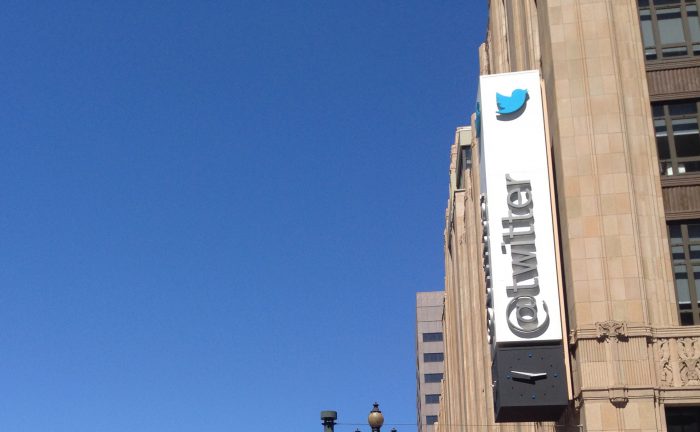
Yesterday, Twitter rolled out a couple new enhancements that it says will “give you more control over what you see and who you interact with on Twitter” and help you “control your experience.” Two words that don’t appear in the announcement: “abuse” or “harassment.” But those are the underlying issues they’re trying to tackle.
The first change allows everyone to see only people they follow in their notifications and mentions:
Don’t want to see notifications from everyone? Starting today, everyone will have the ability to limit notifications to only people they follow on mobile and on twitter.com. Simply turn it on if you want to give it a go. If not, no worries — your individual Twitter experience will continue unchanged.
The second is a “quality filter” that was previously available to only verified users, who make up only about 0.06 percent of Twitter’s user base.
Turning on the quality filter can improve the quality of Tweets you see by using a variety of signals, such as account origin and behavior. When turned on, it filters lower-quality content, like duplicate Tweets or content that appears to be automated — it does not filter content from people you follow or accounts you’ve recently interacted with. Please note that the quality filter may also affect Tweets in other places outside of the notifications timeline, such as top search results and replies on Twitter.
Now, when the quality filter debuted for verified users last year, the in-app description was quite explicit about the fact that among its most significant purposes was removing “threats” and “offensive or abusive language”:
Well, that's an interesting & welcome addition, Twitter! (Was prompted about this on opening the app.) pic.twitter.com/Ka2VDvqwNf
— Anil Dash (@anildash) March 23, 2015
That specific language is now gone; the current description only that it “improves the quality of the Tweets you’ll see”:
Two simple settings to give you better control over your Twitter experience. https://t.co/pEJuMUhCYs pic.twitter.com/jmFd0rDoV6
— Twitter Support (@Support) August 18, 2016
The unhelpfully unspecific language was noticed by Erin Kissane, who tweeted about it this morning:
So many people who would love to block harassing tweets are turning off “Quality Filter” bc its name is so vague they can’t tell what it is
— Erin Kissane (@kissane) August 19, 2016
.@wolfewylie No no, this new filter is *very* good at eliminating death/rape threats, etc. Not useless at all, just poorly described.
— Erin Kissane (@kissane) August 19, 2016
To be super clear: Twitter’s new “Quality Filter” is a tool to reduce the threats/slurs/trolling in your replies, it does not affect your TL
— Erin Kissane (@kissane) August 19, 2016
The fact that I, a total rando, need to explain this is why I am aghast at Twitter’s ongoing communication deficit.
— Erin Kissane (@kissane) August 19, 2016
One comment:
” and replies on Twitter”. Is there a way for the unheard replier to know that their replies are going to /dev/null? What are the default settings? What are the opportunities for abuse of this feature?
Trackbacks:
Leave a comment